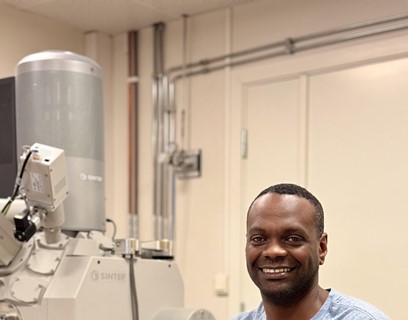
SAN FRANCISCO, CA – A unique brain exercise cut the long-term risk of dementia nearly in half in a large study of older adults that was presented today at the Alzheimer’s Association International Conference in Toronto.
Researchers from the ACTIVE Study (Advanced Cognitive Training in Vital Elderly) tracked 2,802 cognitively healthy, community-dwelling, older adults for 10 years, as the average study participant aged from 74 to 84. The randomized, controlled trial compared three different types of cognitive training – speed, memory and reasoning – against a control group, to determine if brain training might help with healthier aging.
The speed training was found to cut long-term dementia risk by 33 percent among those asked to complete 10 hours of training in the first year of the study. The other types of training had no significant effect. Sub-groups of participants were asked to complete an additional four hours of training in months 11 and 35 of the study. Those who were asked to complete 11 or more hours of speed training were found to reduce their dementia risk by 48 percent over the 10-year study. Memory and reasoning training were found not to have any significant effect on dementia risk.
Previously published results from the ACTIVE Study showed participants in speed training also improved at measures of brain processing speed and at measures of tasks related to independent living. They also did better than the control group at measures of mood, confidence, health, and driving.
"Clearly, the time spent on effective brain training has potential long lasting benefits for many aspects of older adults’ lives" said Dr. Jerri Edwards of the University of South Florida, who announced these latest ACTIVE study results.
The computerized speed training pushes a user to progressively improve visual speed of processing, with attentional demands at both the center of gaze and periphery. It was developed by Dr. Karlene Ball of the University of Alabama Birmingham and Dr. Dan Roenker of Western Kentucky University. It is now exclusively licensed to Posit Science Corporation, and a web version is available as the "Double Decision" exercise of the BrainHQ.com brain training program.
"This type of exercise has been shown to improve various measures of speed, attention, and memory, as well as quality of life, across many different studies," said Dr. Mahncke, CEO of Posit Science. "It targets elemental sensory systems of the brain, where a split second improvement can serve you well during every waking hour of every day."


